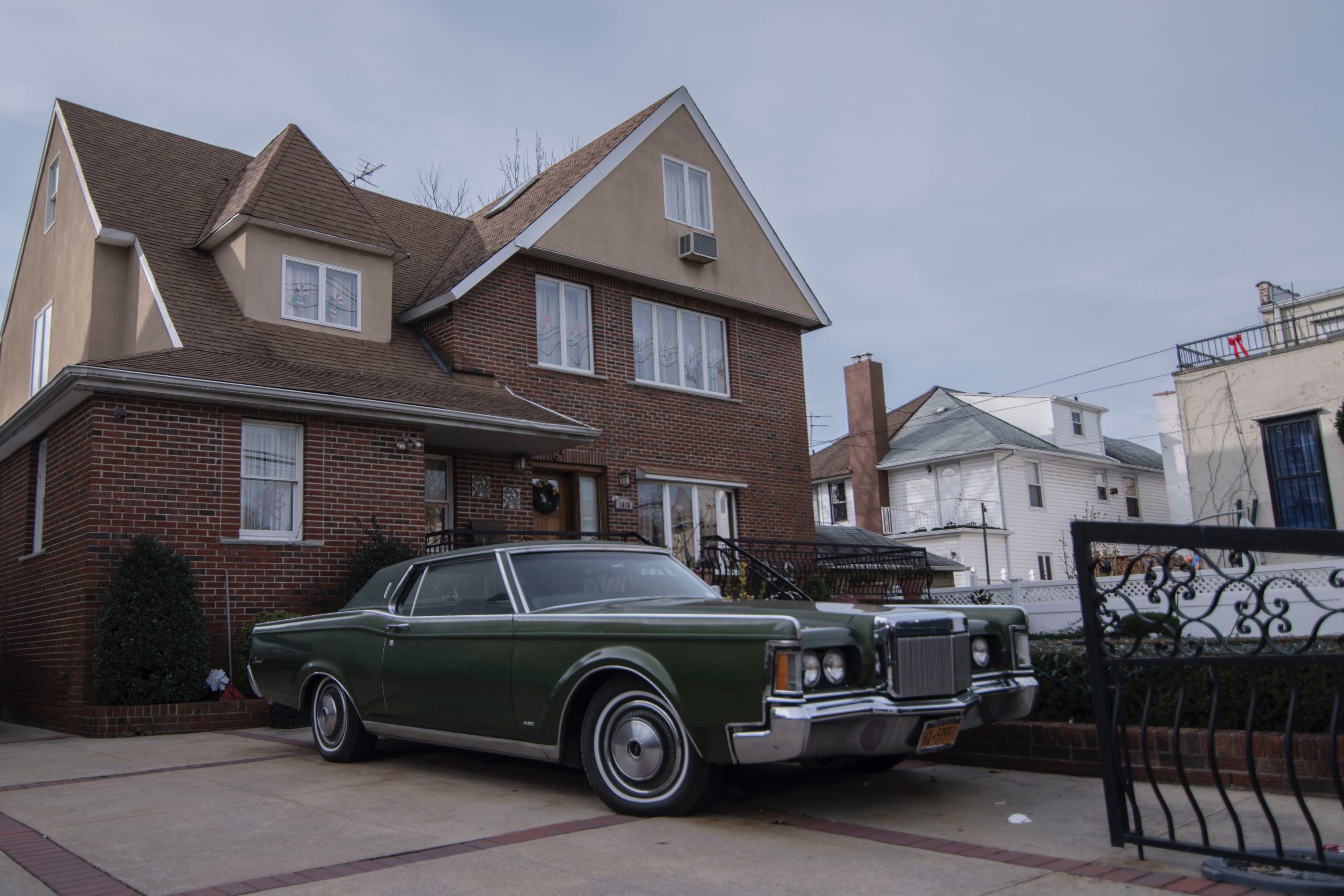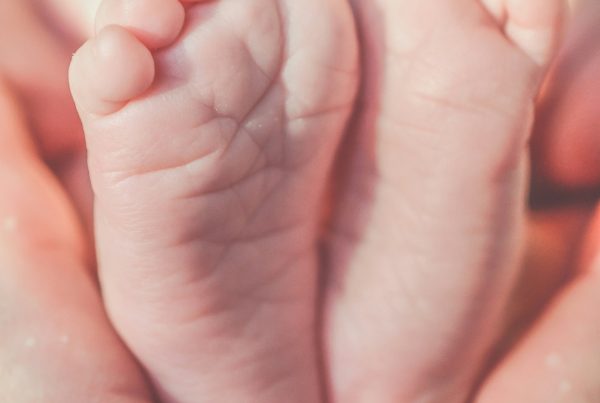FBT: Cars Garaged at Employees’ Homes During COVID-19
The ATO has published a fact sheet to assist employers in determining if they have an FBT liability where cars are garaged at employees’ homes because of COVID-19.
The fact sheet states that the ATO will accept that an employer isn’t holding a car for the purposes of providing fringe benefits where the car isn’t being driven at all, or is only being driven for maintenance purposes. Provided that the employer elects to use the operating cost method and maintains odometer records, the employer will not have an FBT liability for a car. Without electing to use the operating cost method or not having odometer records, the statutory formula method applies and an FBT liability will arise as the car garaged at the employee’s home is taken to be available for private use.
Where a home-garaged car is being driven by an employee for business purposes, the ATO says the employer may be able to reduce the taxable value of the car fringe benefit by taking into account the business use, provided the employer has logbook records and odometer records for the period in question. Logbook records will need to be for at least:
- 12 continuous weeks; or
- until the car stops being garaged at home, if this is less than 12 weeks.
The fact sheet also provides information on logbook requirements for car fringe benefits and options for employers to consider where COVID-19 has impacted driving patterns.
Example: logbook impacted by COVID-19
An employer uses the operating cost method to value their car fringe benefits, and the 2020 FBT year is a logbook year. They begin maintaining a logbook on 2 February 2020, meaning the logbook must run for at least a 12-week continuous period to 26 April 2020.
However, from early April, in response to the COVID-19 pandemic, the employees’ car usage changes significantly, and there are few or no business journeys for the final four weeks of the logbook period.
When estimating the business use for the 2020 FBT year, the ATO says the employer may adjust their estimate to reflect the business journeys recorded in the period of the logbook before COVID-19 impacted driving patterns, to ensure it is a reasonable estimate of the business use across the FBT year.



